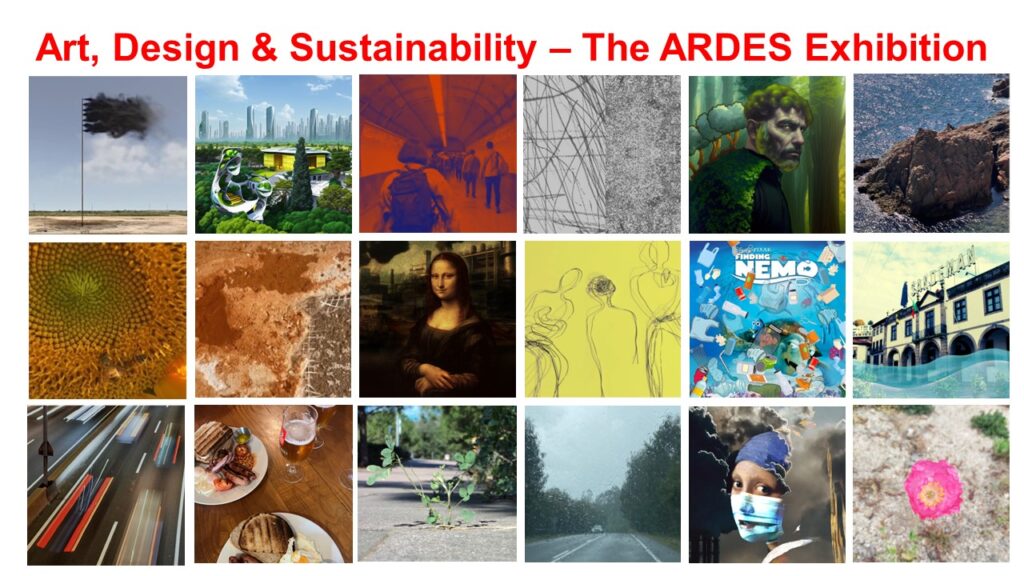
FAST CITY
Francisca Vallejos
Wen Yang
Federica Pagano
EINA, Centre Universitari de Disseny i Art de Barcelona
https://videos.files.wordpress.com/B6xHhDYF/fast-city-francisca-vallejos.mp4
The project seeks to question the current urban model of fast-paced cities and societies, thus reflecting on how urban plans affect social ecology, the boundaries of bodies, interpersonal relationships in public space, and the movement and trajectory of people in their daily lives.

Currently, hand in hand with the environmental crisis, there is an urban crisis; in this sense, the city is depicted as a paradigm of unrestrained growth, where the urban model is characterized by the speed of flows of goods, people, and capital that traverse it.
Current global urban planning aims primarily to make the city more efficient to replicate a very specific development model: urban infrastructures such as the metro, railway stations, the use of former industrial areas, pedestrian zones, and houses, instead of being an urban architecture that responds to the needs of the inhabitants, function as the axis of processes of a capitalist economy, subject to the increasingly rapid, frenetic, and bulimic logic of production, distribution, and consumption.
It is understood, therefore, that social aspects go hand in hand with environmental aspects, where the natural ecosystem is the support; therefore, urban and environmental development are directly related.
The project aims to question this urban model, especially its speed, in order to reflect on how urban planning affects social ecology, the boundaries of bodies, interpersonal relationships in public space, and the movement and trajectory of people in their daily lives. In this way, it seeks to offer a perspective on climate change from this social ecology.
https://improvisa.es/users/297/compositions
Authors: Francisca Vallejos (Chile), Wen Yang (China), Federica Pagano (Italy).
